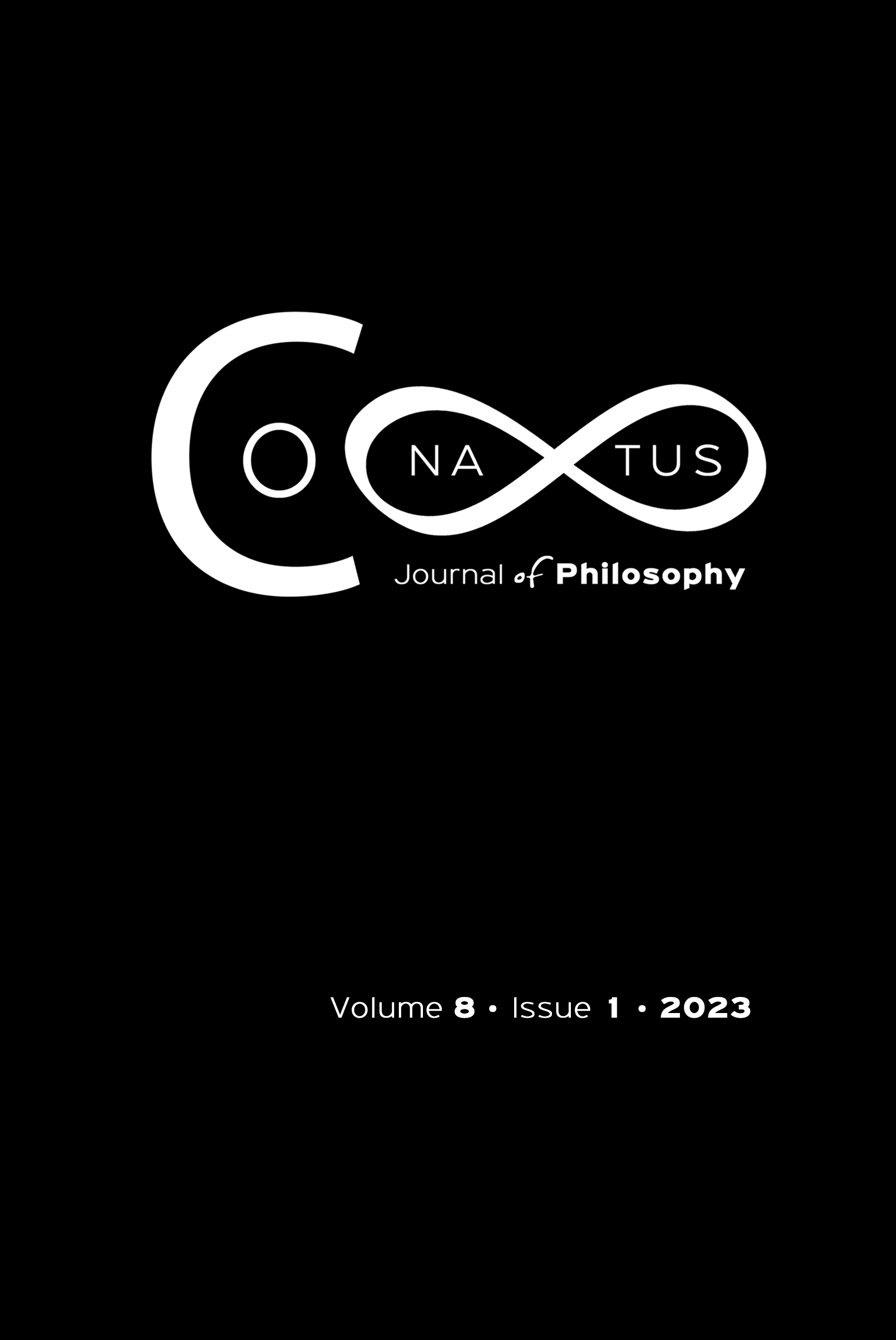Six Steps towards an Object-oriented Social Theory (O.O.S.T)

Abstract
In the approach that sustains this entire essay, besides my own trajectory as a researcher, the path moves away from the orthodox tradition, the more Kantian one, incorporating in Social Theory a philosophical line for a long time forgotten, by including figures such as Baruch Spinoza (1632-1677), the founding father, Friedrich Nietzsche (1844-1900), Alfred North Whitehead (1861-1947), Henri Bergson (1859-1941), Gilbert Simondon (1924-1989), Gilles Deleuze (1925-1995) and many others. They would be the famous authors of vitalism, also known as philosophers of life (Lebensphilosophie), philosophers of process, or philosophers of affect. What are the implications when these figures invade the field of Social Theory, which characteristics can be found and, mainly, which advantages when compared with their more orthodox side and their insistent commitment to Kantian philosophy and its transcendental by-products (power, culture, ideology, discourse, etc)? Following this and other questions, six points will be considered as representative of what we call here an Object-Oriented Social Theory (O.O.S.T.).
Article Details
- How to Cite
-
Pinho, T. (2023). Six Steps towards an Object-oriented Social Theory (O.O.S.T). Conatus - Journal of Philosophy, 8(1), 263–283. https://doi.org/10.12681/cjp.28198
- Section
- Articles

This work is licensed under a Creative Commons Attribution-NonCommercial 4.0 International License.
Authors who publish with this journal agree to the following terms:
Authors retain copyright and grant the journal right of first publication with the work simultaneously licensed under a Creative Commons Attribution Non-Commercial International License (CC BY-NC 4.0) that allows others to share the work with an acknowledgement of the work's authorship and initial publication in this journal.
Authors are able to enter into separate, additional contractual arrangements for the non-exclusive distribution of the journal's published version of the work (e.g. post it to an institutional repository or publish it in a book), with an acknowledgement of its initial publication in this journal.
Authors are permitted and encouraged to post their work online (preferably in institutional repositories or on their website) prior to and during the submission process, as it can lead to productive exchanges, as well as earlier and greater citation of published work.





